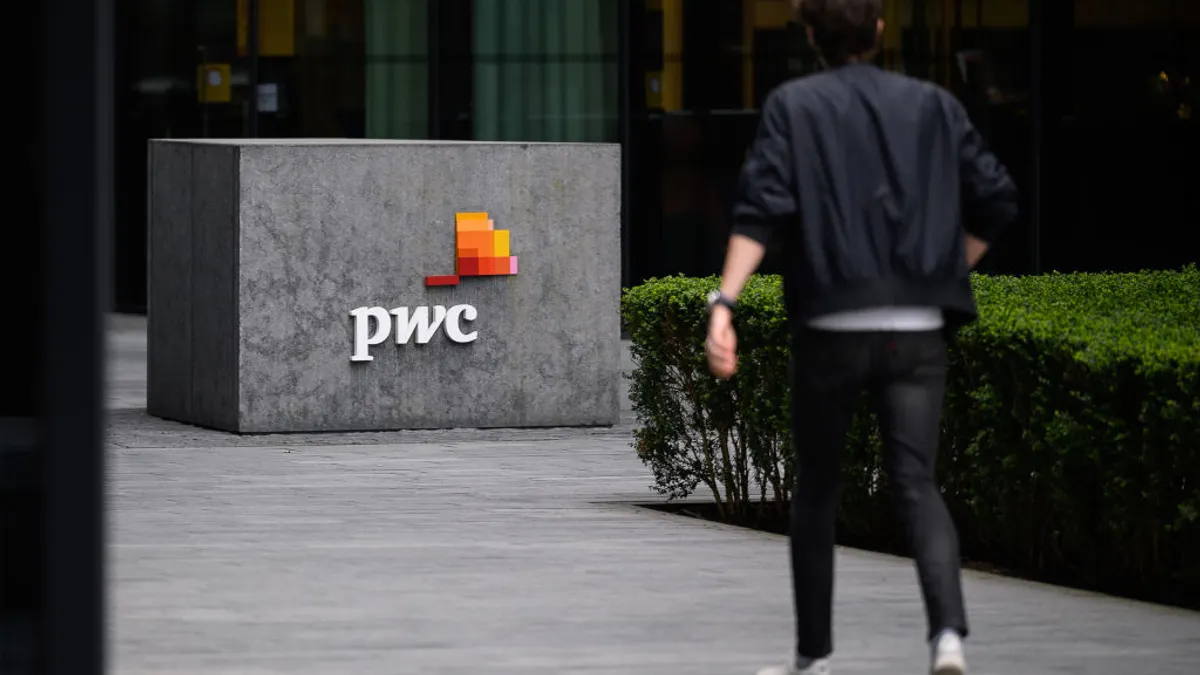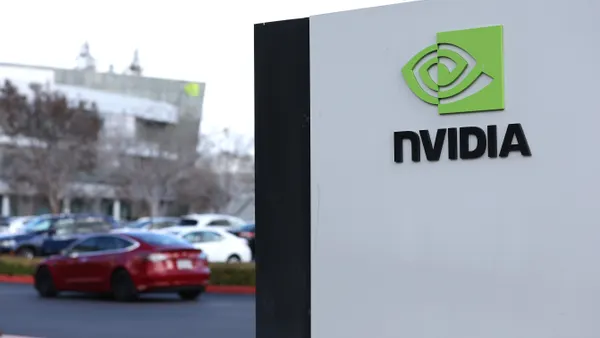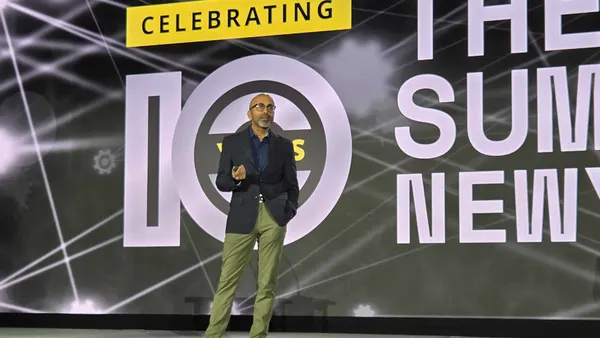Dive Brief:
- PwC appointed executive Dan Priest as chief AI officer Tuesday as part of the firm’s ongoing efforts to adopt the technology internally and guide customers’ AI use.
- Priest previously served as cloud and digital leader at the firm and held the VP and CIO roles at Toyota Financial Services before his 11-year tenure at PwC.
- “Last year was about exploring generative AI’s potential and ability to shape and disrupt how business is done,” Priest said in the announcement. “Going forward, we are focused on unlocking the transformative power of AI to help our clients achieve advantage in an increasingly competitive market.”
Dive Insight:
Enterprise interest in AI has highlighted the need for focused C-suite roles, leading to heightened responsibility for existing tech chiefs or, in some cases, the addition of another position altogether.
The three C-suite roles most likely to gain traction over the next five years are chief AI officer, chief data or information officer and chief digital officer, according to a West Monroe survey published in June. The rising prominence of C-suite tech roles often mirrors organizations’ technological maturity, West Monroe’s Chief Commercial Officer Casey Foss previously told CIO Dive.
PwC has stressed the importance of AI on the company’s long-term strategy, committing $1 billion over three years last April to a plan that bolsters customer offerings and improves internal operations. Since then, the company has rolled out several generative AI tools to employees. In May, the firm said it was gearing up to roll out ChatGPT Enterprise to 100,000 workers across its U.S. and U.K. teams.
“We are pretty far along in that prove-it phrase, and we have a high degree of confidence that this is real and the ROIs should be too,” Priest said in an interview with CIO Dive.
Leading up to Priest’s appointment, the company entered a 45-day sprint to complete an AI impact analysis on various parts of the business that coincided with a training initiative, called My AI. PwC will use the sprint’s findings to inform its AI strategy.
“From that 45-day sprint comes a sort of broad-based activation of the updated strategy plan,” Priest told CIO Dive. “Normally it’s the 100-day plan or the 60-day plan, but we’re trying to move at this digital speed and do it in 45 days.”
The number of companies with an AI leadership position has more than tripled in the last five years, according to a LinkedIn survey published in November. JPMorgan Chase was an early adopter, appointing a chief data and analytics officer to lead AI adoption across the bank last summer.
AI-related leadership roles have also cropped up in the public sector. The U.S. Office of Management and Budget released implementation guidance in November as part of President Joe Biden’s AI-focused executive order calling for the head of each federal agency to designate a chief AI officer.















